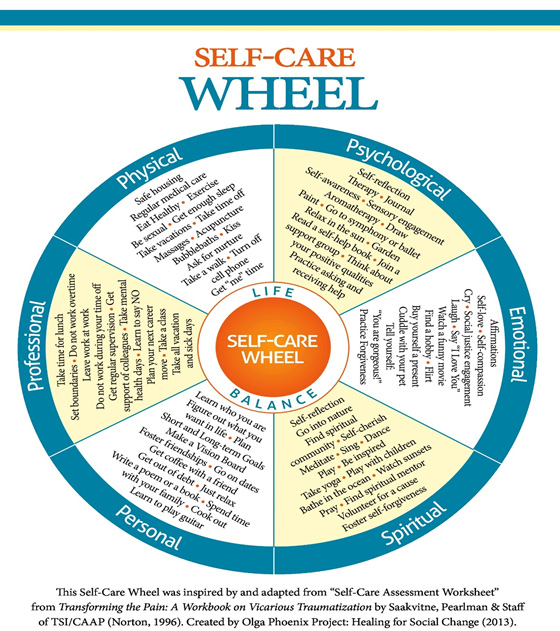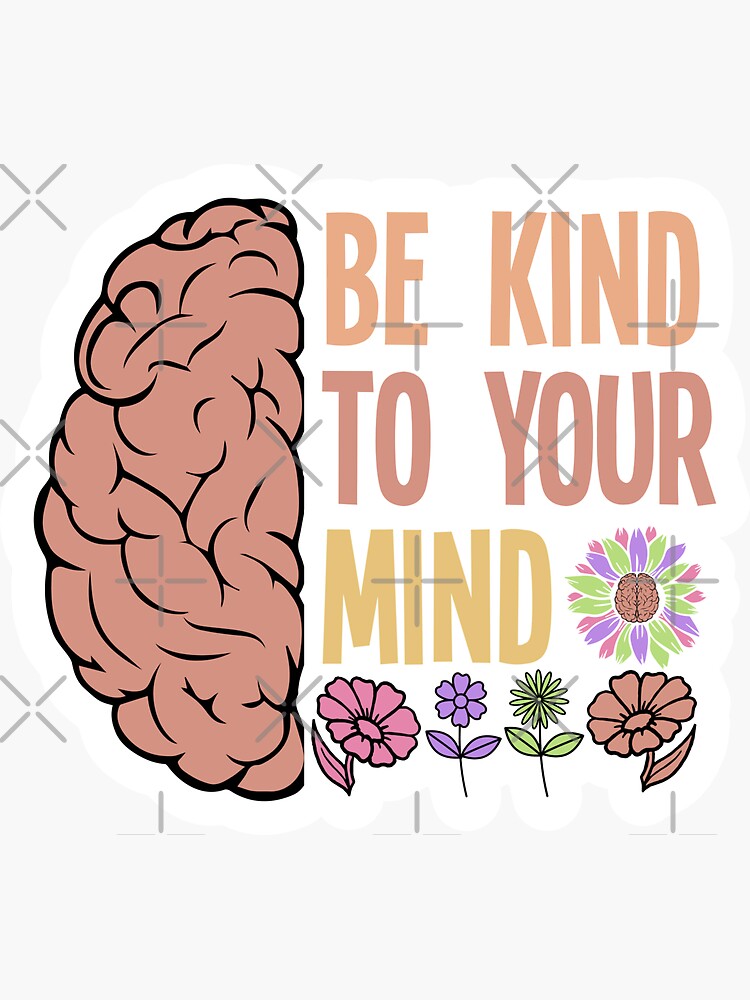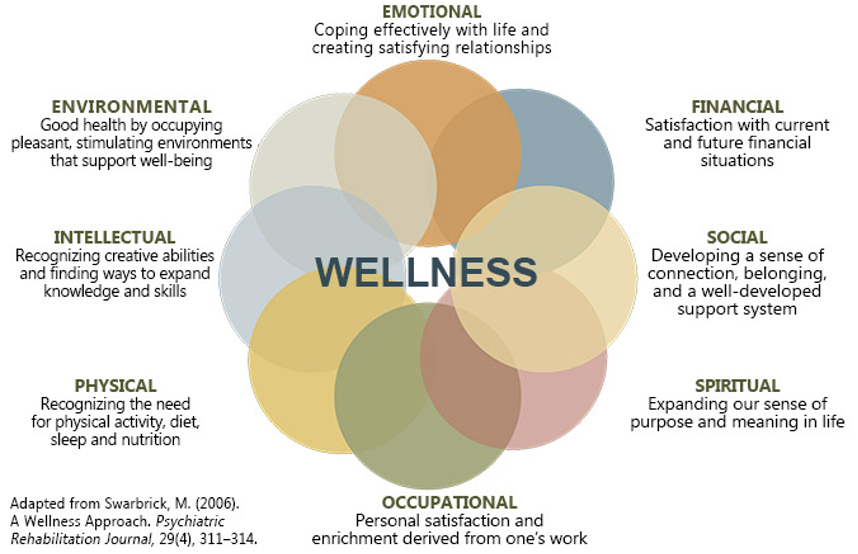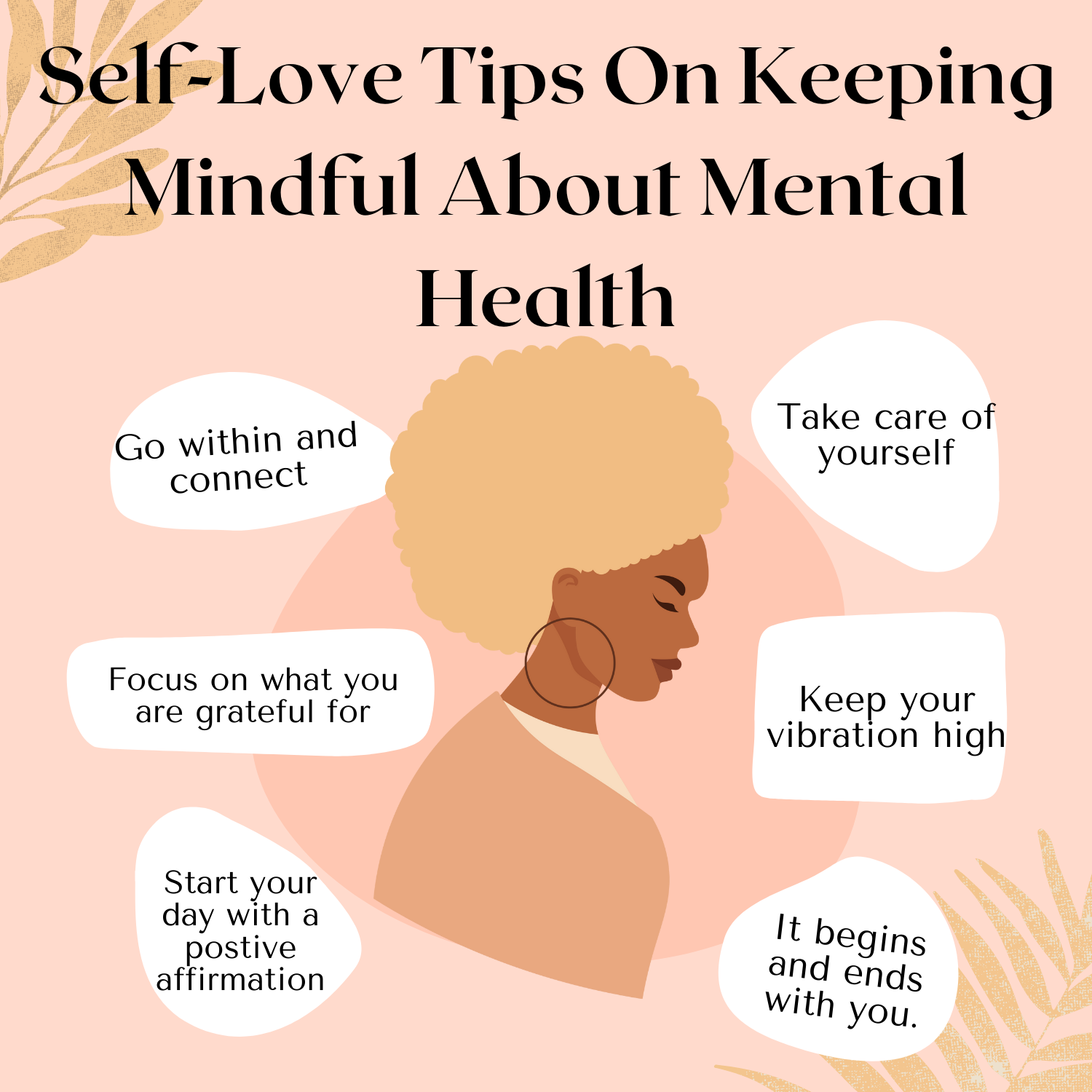Stress is an unavoidable part of life, but it can have a negative impact on our mental and physical health if it’s not managed properly. Fortunately, there are many effective strategies that can help you manage stress and improve your overall well-being. In this blog post, we’ll share 7 strategies that you can start implementing today.
1. Exercise regularly
Regular exercise is one of the most effective ways to manage stress and improve your overall well-being. Exercise releases endorphins, which are chemicals in the brain that reduce stress and improve mood. You don’t have to engage in intense workouts to reap the benefits of exercise, even 30 minutes of moderate exercise can have a positive effect on your mental health.
2. Practice mindfulness
Mindfulness involves paying attention to the present moment without judgment. Mindfulness techniques like meditation and deep breathing can help you reduce stress and improve your emotional well-being. Research has shown that regular mindfulness practice can help people manage chronic pain, reduce anxiety and depression symptoms, and improve sleep quality.
3. Get enough sleep
Sleep is essential for maintaining good mental and physical health. Lack of sleep can lead to increased stress levels, poor concentration, and decreased productivity. Aim to get 7-9 hours of sleep each night to improve your well-being and reduce stress.
4. Connect with others
Social support is crucial for managing stress and improving well-being. Spending time with loved ones, joining a social group, or finding a support group can help you build a strong social network. Make an effort to connect with others regularly, even if it’s just a phone call or a text.
5. Manage your time effectively
Poor time management can lead to increased stress levels and decreased productivity. Set realistic goals, prioritize tasks, and break large projects into smaller, more manageable tasks. You can also use time management tools like calendars and to-do lists to stay organized and focused.
6. Eat a healthy diet
A healthy diet can help your body and mind function at their best. Aim to eat a diet that’s rich in fruits, vegetables, whole grains, and lean proteins. Limit your intake of processed and sugary foods, which can contribute to feelings of stress and anxiety.
7. Seek professional help if needed
If you’re struggling to manage stress and improve your well-being, don’t be afraid to seek professional help. A therapist or counselor can help you develop effective coping strategies and improve your mental health.
In conclusion, stress is a normal part of life, but it doesn’t have to control your well-being. By implementing these 7 strategies into your daily routine, you can reduce stress levels and improve your overall mental and physical health. Remember to prioritize self-care and seek help if needed.











